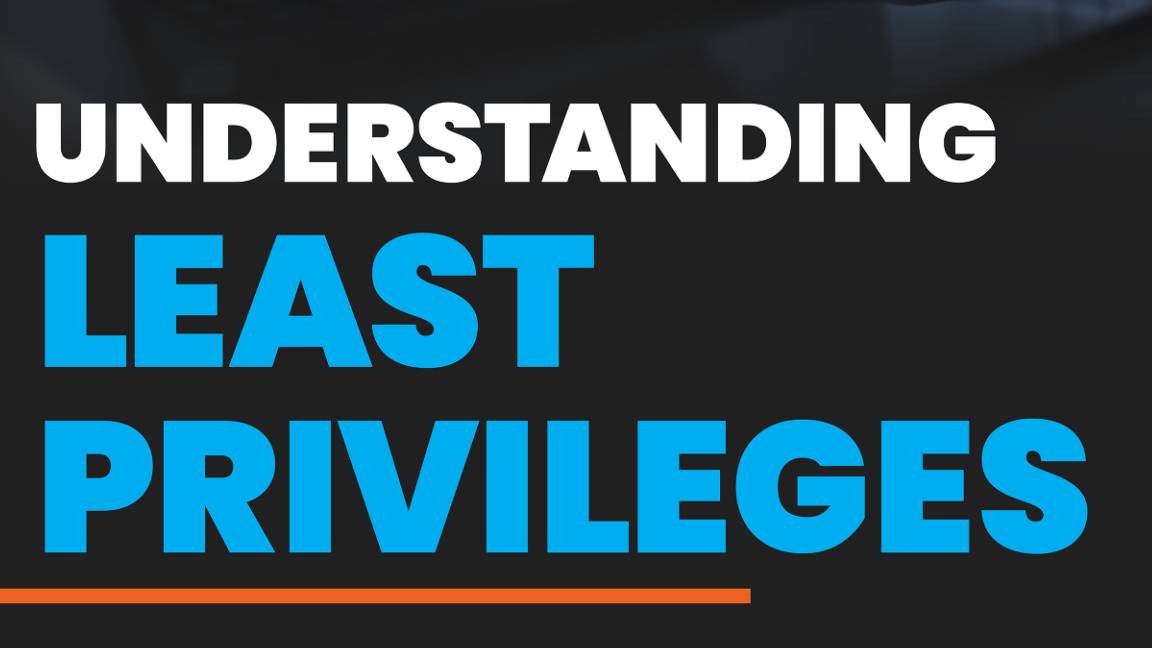"Markets do not stand still": The UK needs to up its game to fend off open source competition
Investment in the open source ecosystem needs to increase alongside broader government support


While open source software has had a particularly strong impact in the UK, the country risks losing its prominent position in the global ecosystem, according to a new report from OpenUK.
Governments in France and Germany have expanded their investment and support for open source software development and contributions, meaning the growth of AI projects and companies in France has pushed the UK down the list.
If the UK wants to keep up, it must not only continue supporting open source software development, but also ensure that policies reflect a true understanding of open source software’s nuances in governance, community engagement, and market impact.
"The UK has contributed a huge amount to the technologies and infrastructure that underpin today’s economy. But markets do not stand still - other countries in Europe have increased their level of investment and incentives, putting the UK’s leadership position in jeopardy in future," said Amanda Brock, CEO at OpenUK.
"In our report, we detail the considerations to be dealt with for the new UK government to support open source more effectively generating better returns on investment from any new projects, whether those are public sector organizations using open source or releasing new software as open source for others to use and importantly ensuring its adoption and maintenance."
This, Brock noted, is particularly important for public sector AI developments that aim to deliver on digital public good goals.
More generally, there needs to be a commitment from both public and private sectors to support open source foundational communities, invest in its infrastructure, and foster policies that embrace the open, collaborative nature of open source software.
Sign up today and you will receive a free copy of our Future Focus 2025 report - the leading guidance on AI, cybersecurity and other IT challenges as per 700+ senior executives
It’s not all bad news for the ecosystem, however. The report from OpenUK specifically highlighted some good moves showcasing innovation and best practices in open source.
These include the UK AI Safety Institute’s Inspect Testing Platform, which supports AI safety testing and collaboration among researchers, with an open source model that encourages more widespread participation and reduced barriers to entry.
Standardizing healthcare records with OpenEHR using open source also reduces the fragmentation of healthcare data, OpenUK noted, helping improve global research collaboration and overcomes potential data siloes or lock-in.
The British Library has adopted an open source and open standard approach to make collections more accessible for researchers, it said, while BT Group and Canonical are using open source to modernize and innovate around 5G networks, based on the telco-grade distribution of OpenStack to deliver a software-defined network.
The challenges, according to the report, include opening up the market - particularly in the NHS, where large, closed contracts have tended to be awarded to a small number of providers.
UK open source needs to go global
An area of particular concern highlighted by OpenUK included international markets, where the UK ecosystem is failing to leverage its substantial skills.
Mike Bracken, founding partner of Public Digital noted that accepting supplier conditions “would make mafiosi blush”.
Meanwhile, public data sets - land registries, health data and geo-spatial data - are locked in siloes without common standards or reasonable market access.
"As open source software reshapes industries, it also presents challenges that require careful governance and regulatory understanding,” said Dr Jennifer Barth, research director at OpenUK and Founder of Symmetry.
RELATED WHITEPAPER

“Unlike proprietary software, open source software operates through open licensing, decentralized contribution, and community-driven management, which can create complexity in legal and operational standards.
Looking ahead, Barth said driving successful open source software adoption will be “contingent on comprehending the interplay of governance, technology, and community”.
“For legislators and market participants alike, a nuanced understanding of open source software is essential, as this ecosystem relies on transparency, the protection of intellectual property, and an ethos of equitable use.”
Emma Woollacott is a freelance journalist writing for publications including the BBC, Private Eye, Forbes, Raconteur and specialist technology titles.
-
 Anthropic says MCP will stay 'open, neutral, and community-driven' after donating project to Linux Foundation
Anthropic says MCP will stay 'open, neutral, and community-driven' after donating project to Linux FoundationNews The AAIF aims to standardize agentic AI development and create an open ecosystem for developers
-
 Open source AI models are cheaper than closed source competitors and perform on par, so why aren’t enterprises flocking to them?
Open source AI models are cheaper than closed source competitors and perform on par, so why aren’t enterprises flocking to them?Analysis Open source AI models often perform on-par with closed source options and could save enterprises billions in cost savings, new research suggests, yet uptake remains limited.
-
 AI-generated code is in vogue: Developers are now packing codebases with automated code – but they’re overlooking security and leaving enterprises open to huge risks
AI-generated code is in vogue: Developers are now packing codebases with automated code – but they’re overlooking security and leaving enterprises open to huge risksNews While AI-generated code is helping to streamline operations for developer teams, many are overlooking crucial security considerations.
-
 Redis unveils new tools for developers working on AI applications
Redis unveils new tools for developers working on AI applicationsNews Redis has announced new tools aimed at making it easier for AI developers to build applications and optimize large language model (LLM) outputs.
-
 ‘Awesome for the community’: DeepSeek open sourced its code repositories, and experts think it could give competitors a scare
‘Awesome for the community’: DeepSeek open sourced its code repositories, and experts think it could give competitors a scareNews Challenger AI startup DeepSeek has open-sourced some of its code repositories in a move that experts told ITPro puts the firm ahead of the competition on model transparency.
-
 Flaws in a popular dev library could let hackers run malicious code in your MongoDB database
Flaws in a popular dev library could let hackers run malicious code in your MongoDB databaseNews A popular third party library of MongoDB could allow attackers to execute malicious code on company servers.
-
 Want a return on your AI investment? Open source could be the key to success
Want a return on your AI investment? Open source could be the key to successNews Organizations using open source AI tools are more likely to report a return on investment
-
 The open source industry is booming as firms invest billions in ecosystem each year
The open source industry is booming as firms invest billions in ecosystem each yearNews Four-in-ten firms contribute open source code on a daily basis


